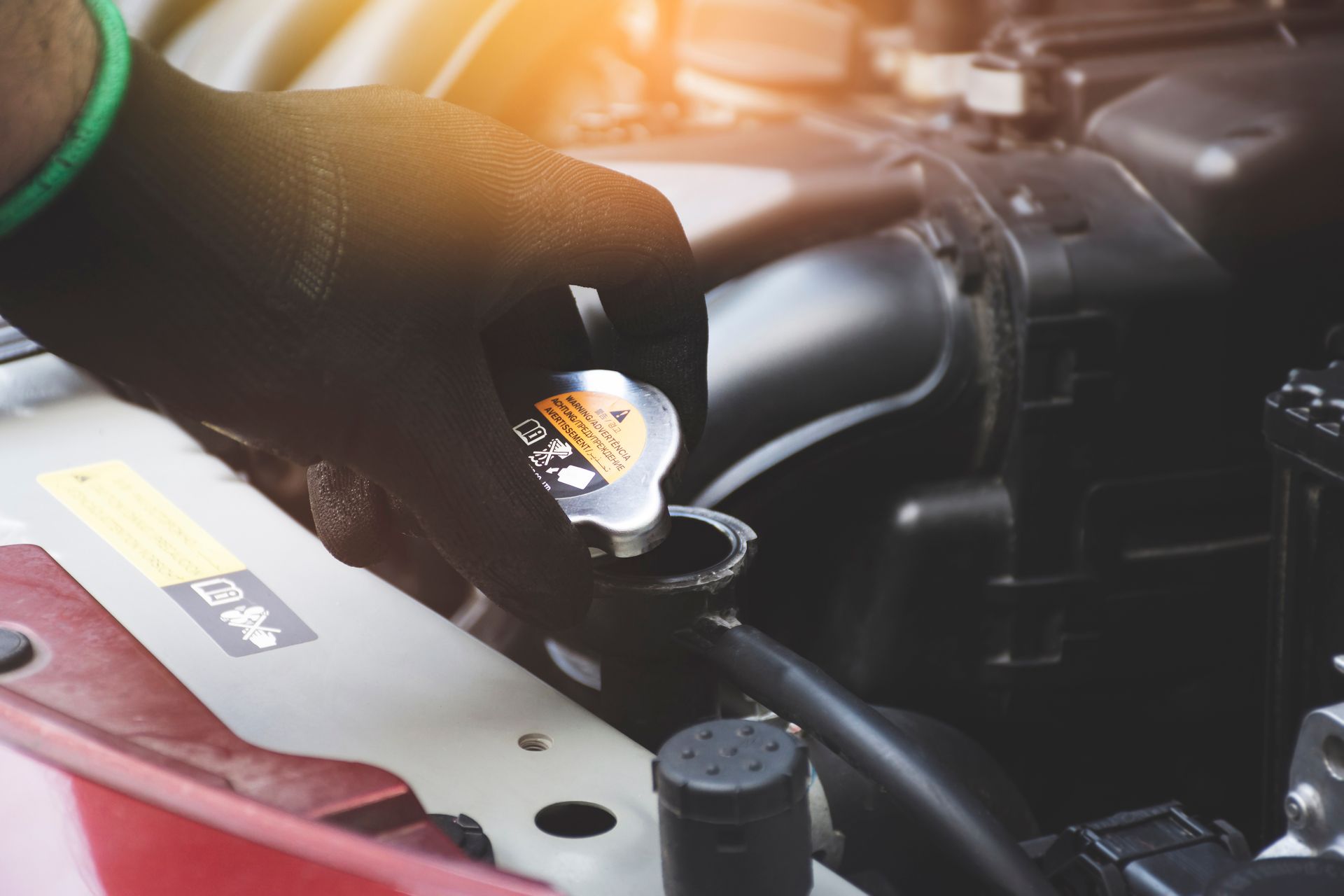Mon - Fri 7:30am - 5:30pm
Our Blog
Visit Our Shop in Phoenix, AZ
We prioritize our customers by offering free rides around downtown Phoenix, saving them time and hassle.
Virginia Auto Service
Mon - Fri 7:30 AM - 5:30 PM
Services
List of Services
Services
List of Services




© 2024 Virginia Auto Service. All Rights Reserved | Website managed by Shopgenie


